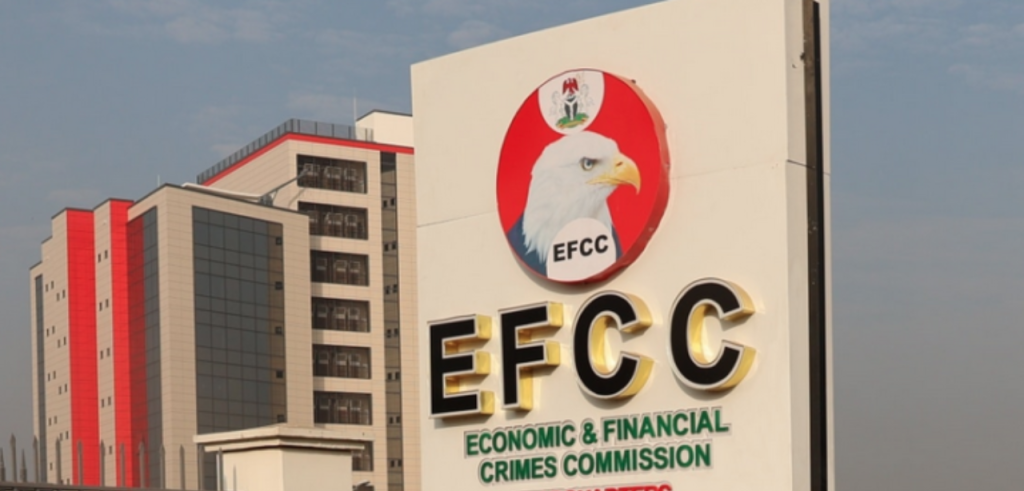The Nigeria Christian Pilgrim Commission (NCPC), a body responsible for coordinating Christian pilgrimages from Nigeria to holy sites, has found itself under the scrutiny of the Economic and Financial Crimes Commission (EFCC), Nigeria’s foremost anti-corruption agency. The EFCC has launched an investigation into allegations of misappropriation of public funds within the NCPC, summoning a significant number of staff for questioning. This investigation signals a potential disruption to the NCPC’s operations and raises concerns about the management of funds entrusted to the commission for facilitating religious pilgrimages.
The scope of the investigation appears to be extensive, encompassing a substantial portion of the NCPC’s workforce. According to sources within the EFCC, approximately 146 current and former staff members have been invited for questioning at the agency’s headquarters in Abuja. The summonses, which stipulate specific reporting dates between Monday, January 20, and Friday, January 31, 2025, suggest a methodical approach to gathering information and evidence related to the alleged financial irregularities. This large-scale inquiry indicates the seriousness of the allegations and the EFCC’s commitment to thoroughly examining the NCPC’s financial practices.
An internal memo issued by the NCPC confirms the EFCC’s investigation and provides further details about the process. The memo, dated January 16, 2025, instructs the summoned staff to appear before the EFCC with their international passports. The requirement to present passports might suggest that the investigation could extend beyond domestic inquiries and potentially involve overseas transactions or movement of funds. The memo also specifies the designated location and time for the interviews, emphasizing the need for strict compliance with the EFCC’s directives. This internal communication underscores the NCPC’s acknowledgement of the investigation and its apparent cooperation with the anti-graft agency.
The list of individuals summoned for questioning includes a wide range of NCPC personnel, from senior executives to lower-level staff, representing various departments within the commission. This diverse group of individuals suggests that the EFCC is casting a wide net in its investigation, exploring potential financial improprieties across different operational areas of the NCPC. The inclusion of individuals holding key financial positions, such as the Assistant Chief Accountant, Principal Executive Officer (Accounts), and Principal Accountant, indicates a particular focus on scrutinizing the commission’s accounting practices and financial record-keeping.
While the EFCC and the NCPC spokesperson remained unavailable for official comment at the time of the initial report, an unnamed NCPC staff member contacted by the press offered a differing perspective on the investigation. This individual downplayed the significance of the EFCC’s inquiry, characterizing it as a routine audit of the commission’s financial records rather than a full-blown investigation into potential wrongdoing. They suggested that such checks are commonplace and nothing to be concerned about. This contrasting viewpoint raises questions about the transparency and accountability within the NCPC and potentially hints at an internal effort to minimize the perceived impact of the EFCC’s investigation.
The unfolding investigation into the NCPC’s financial affairs has significant implications for the commission and its stakeholders. The allegations of misappropriation of public funds, if substantiated, could erode public trust in the NCPC and its ability to effectively manage resources allocated for religious pilgrimages. Furthermore, the outcome of the investigation could have broader ramifications for the Nigerian government’s efforts to combat corruption and promote accountability within public institutions. The EFCC’s continued scrutiny of the NCPC’s financial dealings will undoubtedly be closely watched by both religious communities and the public at large, as it unfolds.














